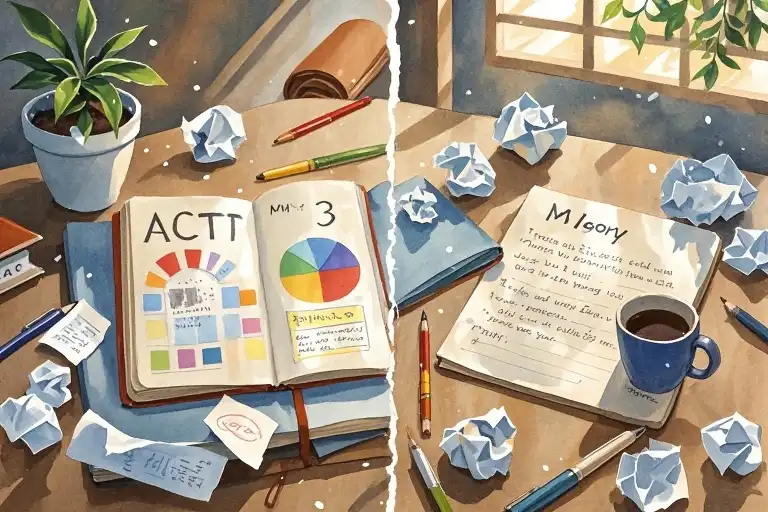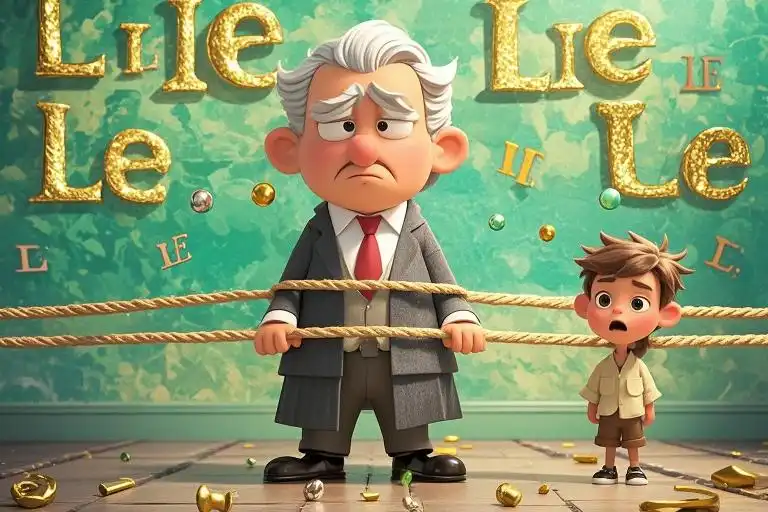Let me tell you a secret: your life already follows a screenplay.
No, really—think about it. That job you quit last year? Act 2 climax. The relationship that changed you? Midpoint reversal. The quiet Tuesday when you finally forgave yourself? Denouement. We’re all unconsciously drafting our personal epics breath by breath, beat by beat. But here’s the twist: understanding this hidden script might just help you rewrite it.
I didn’t believe it either—until a screenwriting workshop made me cry.
When My Notebooks Collided
Picture this: me, a frazzled grad student juggling two notebooks in a sunlit classroom. Notebook #1 bulged with terms like inciting incident and character want vs. need. Notebook #2? Let’s just say it became a therapist.
Session 3: Our professor drew the 5-Act Structure on the board—a deceptively simple diagram of peaks and valleys. “This isn’t just about plot,” she said, tapping the ‘All Is Lost’ beat in Act 4. “It’s about how humans metabolize pain.”
My pen froze. Suddenly, I wasn’t analyzing protagonists—I was reliving last summer’s burnout (Act 3: false victory), my dad’s illness (Act 1 catalyst), even childhood memories (backstory exposition). The room hummed with quiet sniffles; I wasn’t alone. One classmate whispered, “It’s like X-raying my own life.”
Why Your Brain Craves Five Acts
Let’s rewind. The 5-Act Structure—pioneered by Gustav Freytag—breaks stories into:
- Exposition (Hello, status quo!)
- Rising Action (Oops, everything’s complicated)
- Climax (Make-or-break moment)
- Falling Action (Dealing with fallout)
- Resolution (New normal)
But here’s the kicker: neuroscientists say we experience time this way. When you reminisce about a vacation, your brain doesn’t replay it minute-by-minute—it highlights the tension (delayed flight!), turning point (stunning sunset hike), and transformation (“I’ll prioritize adventures now”).
We’re wired to filter chaos into narrative arcs. Ever noticed how:
- Breakups feel like third-act twists?
- Career pivots mirror second-act thresholds?
- Mundane routines become cyclical montages?
That’s your inner screenwriter editing reality.
Stuck in a Loop? Blame Act 4
My “aha!” moment came during a scene analysis of Eternal Sunshine of the Spotless Mind. The film’s messy, non-linear structure? A brilliant lie. Underneath, it follows the 5-Act blueprint—just like our attempts to heal from heartache.
Which brings us to cycles vs. arcs:
- Arcs = Growth. You lose the job (crisis), start a business (climax), embrace uncertainty (resolution).
- Cycles = Stagnation. You hate the job, complain for years (repetition), retire unfulfilled (unresolved ending).
Screenwriting guru Robert McKee put it best: “Audiences hate unresolved stories. So do souls.”
Try This: Map Your Last Big Change
Grab a coffee. Let’s play with your life’s “script”:
- Catalyst (What shook your status quo?)
Example: My friend Marta: “Promotion added 20hrs to my workweek.” - Progressive Complications (How did tensions rise?)
Marta: “Skipped gym, fought with spouse, panic attacks.” - Moment of Truth (What decision defined the outcome?)
Marta: “Hired a career coach instead of quitting.” - Climax (Emotional peak)
Marta: “Told my boss: ‘I’ll lead this project if I can delegate X and Y.’” - New Equilibrium
Marta: “Now work 45hrs/week, mentor juniors, actually see my kids.”
Notice how Marta’s narrative choices created resolution? Cycles thrive on passive reactions; arcs demand active choices.
Why Screenwriters Secretly Study Psychology
During my program’s most jarring exercise, we dissected breakup scenes to study emotional pacing. One student analyzed 500 Days of Summer’s expectation vs. reality split-screen—then wrote a raw monologue about her divorce.
“I kept rewriting our fights in my head,” she admitted. “But framing it as a misaligned character journey… I don’t know. It helped me let go.”
That’s the alchemy of story structure: it turns wounds into wisdom by giving pain shape. Ancient shamans did this through myths. We do it with Netflix binges.
Your Life’s Third Act Starts Now
I’ll leave you with a question from my workshop: “If today were the first page of your memoir, what genre would you choose?”
Comedy? Tragedy? Redemption saga? The beauty is—you can still edit.
So here’s your homework:
- Next time life feels messy, jot it down as a scene.
- Identify its act (Is this the crisis or the comeback?).
- Ask: “What would my hero do?”
Spoiler alert: You’re the hero. And the screenwriter. And the audience cheering from the dark.
Now go draft something wild.



